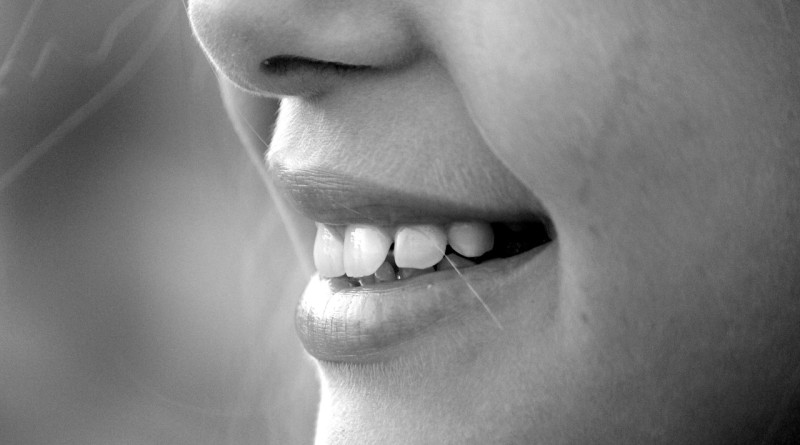Don’t be so sensitive
by Dr. Ronnie Sidhu
Does brushing, flossing, eating and drinking cause sharp pain in your teeth? Is eating ice cream or drinking hot chocolate no longer enjoyable?
You may be suffering from sensitive teeth. Don’t worry: tooth sensitivity is one of the most common complaints among dental patients, so you are not alone. Sensitivity is typically the result of worn tooth enamel or exposed tooth roots, which leads to exposure of the dentin (the middle layer of our teeth). Sometimes tooth discomfort can be caused by other factors, such as a cavity, a cracked or chipped tooth, a recently placed filling, or a side effect of other dental procedures, such as tooth whitening.
The most accepted theory of tooth sensitivity states that sensitivity is caused by the movement of fluid within tiny tubes (dentinal tubules) that are located in the dentin, which results in nerve irritation. When the enamel (the outer layer of our teeth) is worn down or gums have receded below normal it causes the tube surfaces to be exposed and symptoms of sensitivity can be experienced.
The good news is that there are many ways to help control sensitive teeth:
• Brushing and flossing regularly
• Using a soft-bristled toothbrush and brushing gently and carefully around the gum line so you don’t remove gum tissue
• Avoid using hard-bristled toothbrushes and brushing your teeth too hard, as this can wear down the tooth’s surface
• Use toothpaste that is specifically made for sensitive teeth
• Spread a thin layer of fluoridated toothpaste on the exposed tooth roots with your finger or a Q-tip before you go to bed
• Avoid highly acidic foods and drinks. When you drink acidic liquids, use a straw to limit contact with your teeth.
• After eating or drinking an acidic substance, drink milk or water to balance the ph levels in your mouth
• Avoid brushing your teeth immediately after eating or drinking acidic substances, since acid softens enamel and makes it more vulnerable to erosion during brushing.
• Use a fluoridated mouth rinse daily
• Try not to grind your teeth. This can be prevented by the use a mouth guard at night.
• See your dentist every six months
If all else fails, visit your dentist. They have a variety of treatments to manage tooth sensitivity, including both in-office treatments and products that are administered by the patient at home. If you are diagnosed with sensitivity, your dentist can apply a desensitizing agent or a protective coating (sealant) . You may be prescribed a stannous fluoride gel or over-the-counter desensitizing toothpaste containing fluoride and either potassium nitrate or strontium chloride. These ingredients help prevent the transmission of sensation from the tooth to the dentin. It also might help to massage a special paste onto your gums with your finger after brushing.
If the problem is that your gums have receded, a more invasive procedure such as a surgical gum graft may be required. If your tooth roots are exposed, a small amount of gum tissue can be taken from other of your mouth and attached to the affected site. This can protect the roots and reduce sensitivity.
Sensitivity is certainly an inconvenience, however by following oral hygiene guidelines prevention is easily attainable. Treatment of sensitivity, in most cases, is simple, however the issue can escalate if ignored. Therefore, if you find at home techniques of treating sensitivity are not successful, please schedule an appointment with your dentist.




